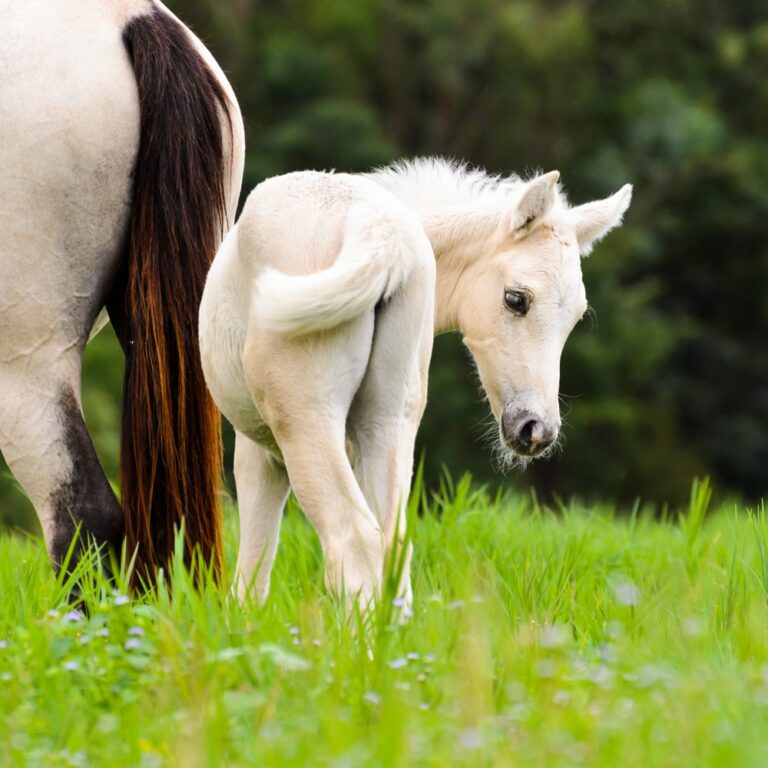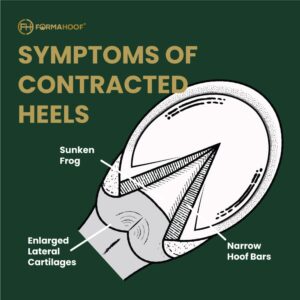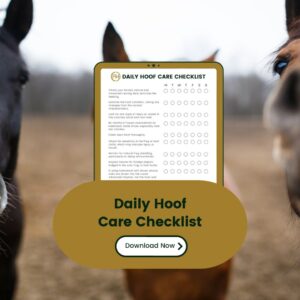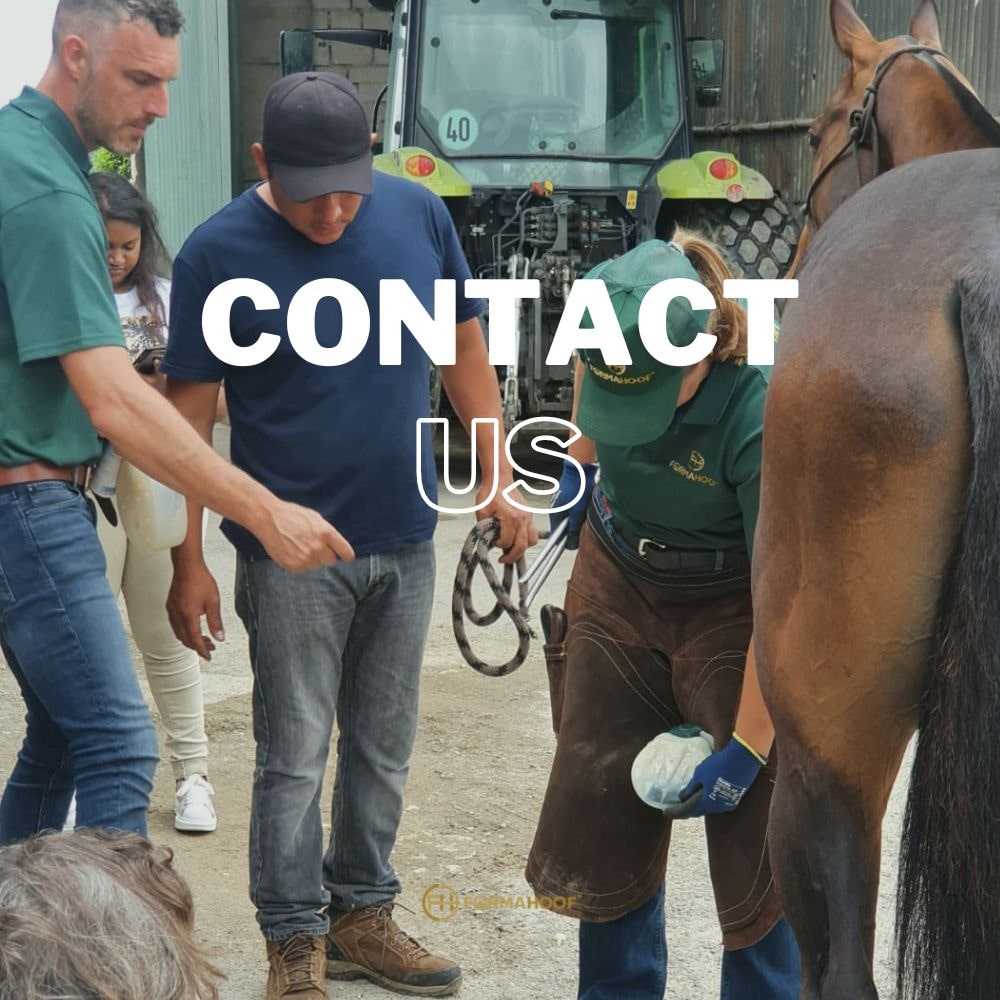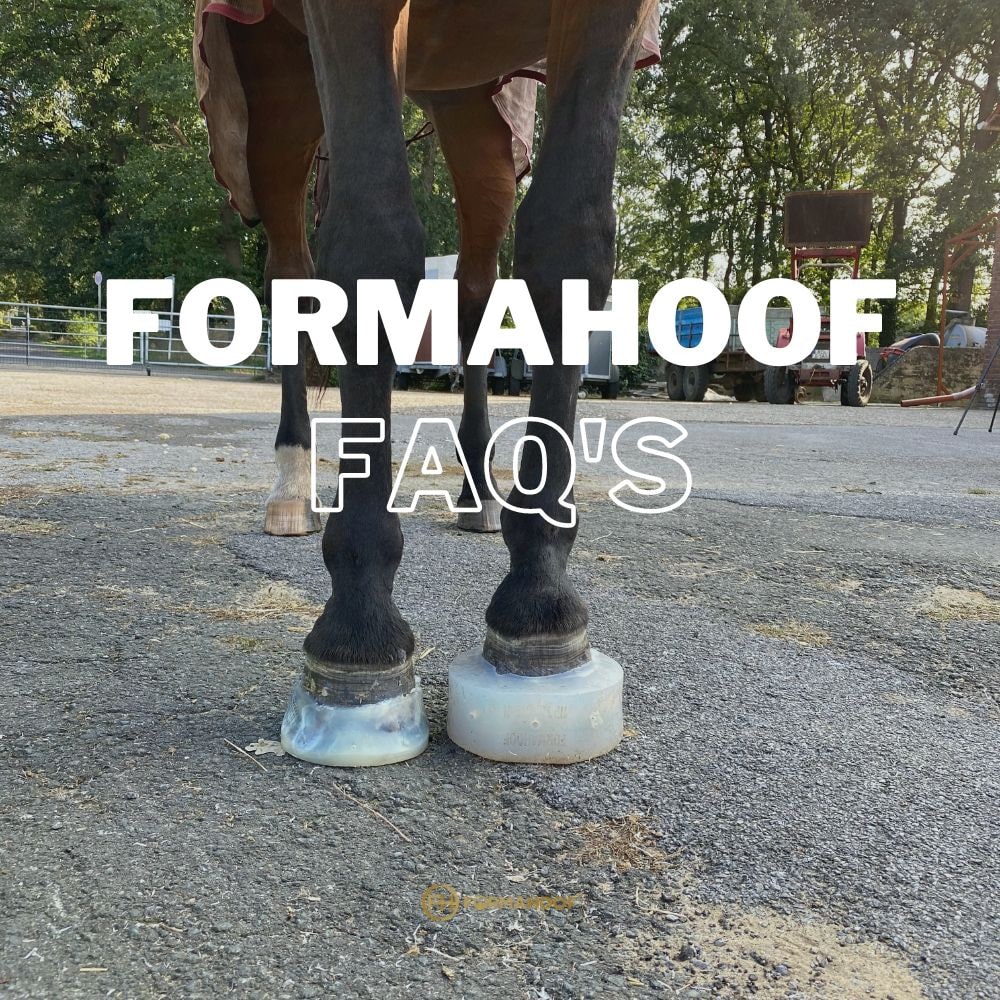Broodmares are the backbone of the breeding industry. Caring for broodmares during their reproductive cycle is vital to ensure optimal breeding results. From conception to foaling, broodmares require a specialized diet and management to support their reproductive system and growing fetus. In this comprehensive guide, we will provide you with tips and insights on broodmare nutrition and management. Whether you are a seasoned breeder or new to the industry, this guide will help you optimize your broodmare program and ensure the health and success of your breeding operation.
Nutrition For Broodmares
When it comes to the nutritional needs of a broodmare, failure to provide proper nutrition during pregnancy can have serious consequences for the resulting foal. While good quality temperate pastures can offer broodmares enough calories and protein to keep their bodies nourished, these same pastures may lack some critical nutrients necessary for creating a healthy, sound foal, or support diseases such as laminitis.
This is why it’s important to ensure that broodmares receive appropriate levels of supplementary feed before foaling – once the foal is delivered, it’s simply too late! Investing in correct nutrition now will reap rewards later when the time comes to meet your beautiful new foal.
- During late gestation, a good quality forage and/or ration balancer product may be given to supplement her diet with amino acids and minerals.
- Starting from month five until foaling, a feed designed specifically for pregnant mares should be gradually introduced to properly adjust the mare before she gives birth.
Did You Know?
The calorie needs of an in-foal mare start to increase and continue to build up until the last trimester when most of the foetal growth occurs. During these eleven months, your mare’s energy requirements will increase by approximately 28%, and her protein requirement will rise by 40 %. It is essential to be mindful that your broodmare does not put on too much weight nor lose weight and keep in mind that we are not talking about a massive increase in calories.
- Immediately after foaling, energy and nutrient-rich feed should be given to the mare to provide both increased energy and nutrient intake needed for lactation and foal nutrition.
- Fresh water, free-choice salt, as well as proper vaccination against disease, should also be given regularly.
- As the mare reaches 13-24 weeks after giving birth, her milk production starts to drop off, hence the need to reduce her nutritional intake slowly towards regular maintenance levels.
Adequate nutrition of broodmares will help reduce any potential developmental problems in the foal as well as optimise fertility for future breeding.
7 Supportive Nutrients For Broodmares
Quality Hay
Quality hay is essential for broodmares to ensure that they are getting the nutrition they need. Hay should always be free from mould and dust and should contain a high nutrient level, including protein, calcium and vitamins A, D, and E. The hay should also be palatable so that the mare will eat it willingly.
Quality Oats
Oats are a valuable part of a broodmare’s diet as they provide complex carbohydrates for energy, along with important minerals such as iron, magnesium, and phosphorus. Oats should be fed in moderation, however, since excess amounts of oats can lead to digestive and other problems.
High-quality Supplements
High-quality supplements specifically designed for broodmares include added minerals such as zinc, copper and selenium which can help optimize the health of your mare and her reproductive cycle. Providing this type of supplement will aid in maintaining muscle condition during the gestation and lactation periods as well as helping to support hoof integrity, which is also important for healthy pregnancy and foaling outcomes.
Molasses
Molasses provides an excellent source of energy for horses due to its high sugar content; it is highly nutritious too since it contains both Vitamin B6 and Vitamin B12, vital nutrients for horses old or young alike! However, molasses should be fed in moderate amounts so monitor your broodmare with caution if you decide to feed molasses.
Probiotics
Probiotics help to boost digestive function while aiding in nutrient absorption. Beneficial bacteria naturally occur within the gut but can become depleted over time due to various factors such as stress or infection. In such circumstances, probiotic supplements may help restore balance to the microbial environment within your horse’s gut, if needed, and they can be given orally via feed or water.
Salt Licks & Loose Minerals
Salt licks provide an essential element for good equine health – Sodium! Provide salt licks along with other loose mineral supplements such as magnesium oxide (Magnesium) & copper sulphate (Copper). These enable your horse to obtain adequate levels of key dietary elements from simple sources, consuming extra nutrients when their body needs them most such as post-exercise/gestation etc…
Water
Last but certainly not least on this list – Water!! Horses consume between 5-10 gallons of water per day depending on activity & temperature etc… So, providing fresh water at all times is paramount. Pregnant mares need plenty of fluids since they require more than what their body would usually receive when not nurturing life inside them. Keep an eye out for signs that she may need something extra to quench her thirst in hotter periods or whilst exercising!

Hoof Care For Broodmares
Caring for the hooves of pregnant broodmares is essential to ensure their health and well-being. As they gain extra weight during gestation and experience hormonal changes, their feet need special attention. Though it may be tempting to leave them out in the pasture, proper farrier care should still be a priority. Neglected hoof care can cause serious complications throughout pregnancy, can cause long-term hoof disorders and may result in a possible loss of the mare, the foal, or even both in severe cases.
Factors to take into account when it comes to the hoof health of your broodmare are:
Regular Trims
Regular trims are crucial for any horse, but even more for mares in foal. Hooves should be trimmed in a regular cycle according to the mare’s hoof growth.
Exercise
Regular exercise is a key component of hoof care for broodmares. This can include walking, stretching exercises, and halter training. Exercise helps to stimulate proper blood circulation which encourages hoof growth and increases the strength of the hoof wall and sole.
Ground Conditions
The trimming cycle and abrasion of your mare’s feet will be impacted by the ground conditions. Keep in mind the extra weight your pregnant mare will be carrying and make sure to avoid rough and rocky grounds.
Weight Management
Weight management is important for the hoof care of broodmares because being overweight or underweight can lead to various hoof problems. Overweight mares are more susceptible to laminitis, a painful hoof condition that can lead to lameness.
On the other hand, underweight mares may have weak or brittle hooves, making them more prone to cracks and other issues. Therefore, it’s essential to maintain a healthy weight for broodmares to prevent potential hoof problems and ensure optimal hoof health.
What if? Laminitis in Broodmares
One of the most common hoof problems encountered in broodmares is laminitis. While the specific cause is not fully clear, during late pregnancy mares can suffer from episodes of the disease. Increased hard feed intake coupled with lush, spring grass containing high levels of soluble carbohydrate are significant causal factors alongside the additional weight the mare carries around and the resulting mechanical changes.
Prevention is always better than cure where laminitis is concerned, so start the breeding season with good quality hooves, the mare in an appropriate body condition and be sure to maintain regular trimming and exercise. It is also wise to reduce the percentage of soluble carbohydrates in the diet of mares with a history of laminitis.
FormaHoof can provide support to mares during their pregnancy and help to prevent laminitis or provide pain relief for those suffering from laminitic episodes.
Read more about Treating Laminitis In Broodmares With FormaHoof
FormaHoof can be an extremely efficient and effective way to treat laminitis in broodmares, helping to keep the mare comfortable and sound during pregnancy and so carry comfortably to full term and deliver a strong, healthy foal.
As FormaHoof offers correct, balanced hoof support, the mare’s additional weight is spread across the entire hoof, providing relief and comfort.

